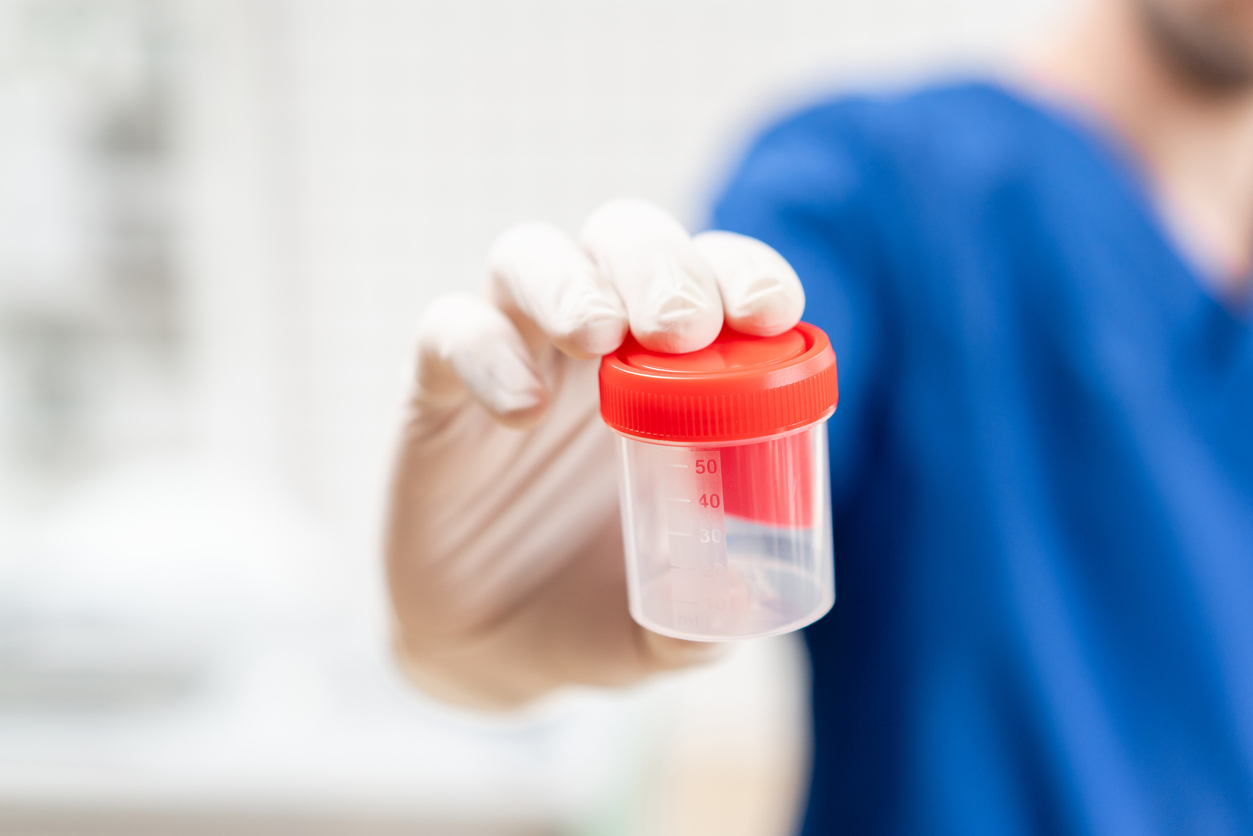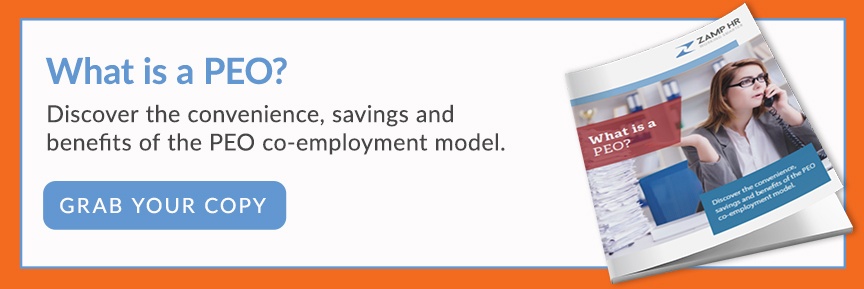As an employer, you are responsible for offering a safe working environment while getting the most out of your staff. But is it essential for your business to maintain post-offer drug screening?
It all relies on the workplace.
On average, approximately 2% of firms seek to maintain drug-testing programs. This is prevalent among federal contractors and enterprises operating in the aviation industry. These employers are required to adhere to strict drug testing workplace laws. But for other industries, it may or may not be significant.
So, should you perform post-offer drug tests? There might well be a good reason.
Why Should You Require Pre-Employment Drug Tests?
The primary reason for doing tests is to establish that the person you are about to hire is not a user of illegal drugs or a heavy user of legal ones. There are a few reasons why this might matter:
Lower Recruitment Costs
According to a study by the NSC, 22% of workers report having had more than one employer, but this rockets to 40% for employees with a substance use disorder. Drug users are much more likely to leave a position quickly, and then you are faced with the costs of replacing them. This includes people fired for having a drug problem or for problems related to drug use, such as tardiness, absenteeism, and poor workplace behavior.
Reduced Workplace Conflict
Let's say Joe in accounting went out at lunch and had a couple of whiskeys, then came back drunk...and belligerent. Illegal substances can cause even more issues. Employees may be irritable or aggressive either because they are under the influence or experiencing withdrawal. They might be out of it and demonstrating "presenteeism," leading to resentment as sober employees have to do their job for them.
Heavy drug users similarly cause problems with their behavior and absences.
Reduced Health Insurance Costs
Drug users spend more on health care, even when they don't seek treatment. They are more likely to be involved in accidents both on and off the clock and may experience overdoses. When your employees make large claims, your health insurance premiums go up on renewal.
Workplace Safety
Particularly if you have workers who are operating machinery, using tools, and driving, drug use can affect workplace safety. This can include drug use off the clock (if a worker comes in with a hangover, they are more likely to have an accident because they're distracted). Even office workers can have accidents if they are not sober. Increased accidents result in lost productivity, lost worker time, and higher workers' compensation premiums.
Minimize Business Liability
Drug testing can help companies decrease liability and risk, especially regarding safety concerns. Employers may be able to spot difficulties before they become significant issues. A drug testing program lowers volatility and reflects a reasonable attempt to solve concerns.
Enhance Worker's Health
Drug testing is not only for punitive purposes; it is also for the protection of your personnel. While testing positive is not confirmation of a drug issue, it might indicate one. A drug testing program allows for rehabilitation and other employee assistance services, maybe as part of an Employee Assistance Program (EAP). It is a better way to keep your employees safe and productive.
Reduce Hiring Costs
As NSC reports, workers with substance abuse disorder are 40% more likely to have more than one employer. Implying that drug users are significantly more likely to quit their job fast, exposing employers to recruitment costs. This comprises persons dismissed because they had a drug issue or problems related to substance abuse, such as absenteeism and poor workplace conduct.
Maintain Workplace Safety
Drug use has an impact on job safety. It puts workers using machinery, utilizing tools, or driving in danger. Even office workers who are not sober can be subjected to an accident. A decrease in workplace safety can lower productivity and increase worker compensation costs.
So, are there any reasons not to require these tests? There are a few.
Why Should You Not Require Pre-Employment Drug Tests?
A lot of companies don't require this kind of testing, in many cases because they don't see the necessity. There are, however, some legitimate reasons why you might not want to:
False Positives
It's well known that eating a poppy seed bagel before a drug test is a bad idea. While that's easy enough for people to avoid, other sources of false positives are harder to avoid. Prescription drugs are a big one; you should always ask applicants what they are regularly taking.
Other things which can create false positives include secondhand marijuana smoke (albeit only with recent exposure), weight loss pills, alcohol-based mouthwash, CBD oil, over-the-counter antihistamines and coca tea. Ensure that candidates are aware of potential causes of false positives before they take the test.
Changing Norms
Certain norms regarding drugs are changing. This applies most to marijuana. Although still illegal at the federal level, marijuana is now legal for medical use in thirty-five states, and recreational in more than half. In some states, you cannot fire or discriminate against medical marijuana users.
While it is still legal to fire an employee for using marijuana at work, it is becoming less acceptable to fire or refuse to hire for occasional use. With pre-employment testing, it is less of an issue; if somebody can't stop smoking pot long enough to pass a test they know is coming they are likely to be a heavier user than you want. On the other hand, in some cases, pot can stay in somebody's bloodstream for a long time.
Loss of Talent
In 2014, the FBI made an unusual complaint: They were having difficulty finding hackers… because so many of the best applicants smoked pot. It's possible that some quality candidates may not apply for a position that comes with a drug test, and some of them might not even be users. In some cases, they may just be worried about privacy concerns.
Despite this, the pros clearly outweigh the cons. This picture is slightly less clear about random drug testing (which is illegal in some states). Requiring drug testing can save you a lot of money.
How Do You Create a Post-offer Drug Testing Policy?
A post-offer drug testing policy, also known as a workplace drug testing policy, is a document that outlines your firm's drug testing program. Drug testing laws vary by state, but most require your policy to clarify crucial elements such as whose employees will be tested and how your drug testing program will be conducted. A well-rounded drug testing policy should also outline the penalties workers and candidates will encounter if they fail drug tests.
There are two primary approaches to developing a post-offer testing policy:
- Through the U.S. Department of Labor's Advisor: The U.S. Department of Labor's Drug-Free Workplace Advisor assists you in developing a drug testing policy. However, the Drug-Free Workplace Act on the Department of Labor's website allows businesses with federal contracts worth more than $100,000 to learn about their requirements.
- Do-It-Yourself with the Assistance of an Expert: You can also seek guidance from a provider with substantial experience in assisting businesses in establishing drug testing programs and understanding federal and state legislation.
However, setting up a drug-testing program can be difficult to create and monitor. Instead of finding and coordinating with a clinic, it is easier to have it done by an HR outsourcing partner such as a professional employer organization (PEO). To find out more, download our ebook "What is a PEO?" You might find that partnering with a PEO is the answer to your drug testing and other problems.



